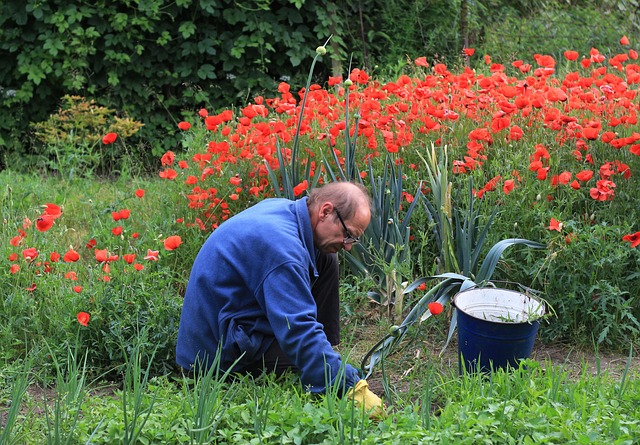
Oh, weeds…how we love to hate them! Admittedly, their resilience is impressive. We smother them, douse them in vinegar, lop off their heads, and torch them with flames. Sounds like something straight out of HBO’s ‘Game of Thrones,’ doesn’t it?
One might argue that aggressive tactics are the only way to deal with these sneaky invaders. Yet in the words of the Dalai Lama, “In the practice of tolerance, one’s enemy is the best teacher.”
So what can weeds teach us, and how can we use that against them? The key is to find—and exploit—their weaknesses.
Exploiting Weeds’ Weaknesses
First, we know that weeds are opportunists. If there’s any empty space, they’ll find it—especially if the soil has been turned over, thereby exposing pesky weed seeds to sun and water. No-till gardening helps. Raised beds are practical, too. By planting vegetables closer together, we grow a green canopy that deprives weeds of sun and gives them less room to take over. Raised beds also reduce the need for fertilizer, water and pesticides (even ‘organic’ pesticides can be damaging).
Second, many weeds have strong root systems. Try yanking on a dandelion. Chances are, it’ll sprout right up again thanks to a deep taproot. Dandelions are not alone, either. Many perennial weeds have deep or widespread roots with super-human strength.
Unfortunately, weeds can’t be eradicated entirely. Not even the most toxic commercial brew can do the job—so why even go there? The key is to make sure that the plants we want, i.e., the desirables, are vital, healthy, and strong. A natural way to grow strong plants is to remineralize the soil with rock dust. Rock dust mimics the Earth’s own process for creating healthy soil, and volcanic basalt in particular releases the micronutrients and trace elements that are important to the life cycle of plant, including phosphorus, potassium, calcium, magnesium and iron. In addition, the naturally occurring silicon in volcanic basalt helps plants develop bigger and stronger root systems.
Rock dust helps shift the competitive balance: The denser and stronger a plants’ roots, the less room there is for enemy weeds.
Other Benefits of Remineralizing with Rock Dust
As part of an integrated plan for managing weeds, rock dust also helps achieve the following:
- Improved soil structure
- Increased moisture retention
- Greater nutrient availability
- Increased microbial activity
When choosing a rock dust, look for a product like Cascade Minerals Remineralizing Soil Booster that has the “OMRI Listed” symbol on the label. This indicates that the Organic Materials Review Institute has approved its use in organic production and that you can use it to help control weeds without endangering your family, your pets, or wildlife.
###
Known as “Nature’s Original Recipe,” Cascade Minerals Remineralizing Soil Booster is manufactured from volcanic basalt found in Central Oregon’s legendary Cascade Mountains. Massive stones are milled to produce a finely ground soil booster that releases naturally occurring minerals and trace elements to help your plants flourish.
